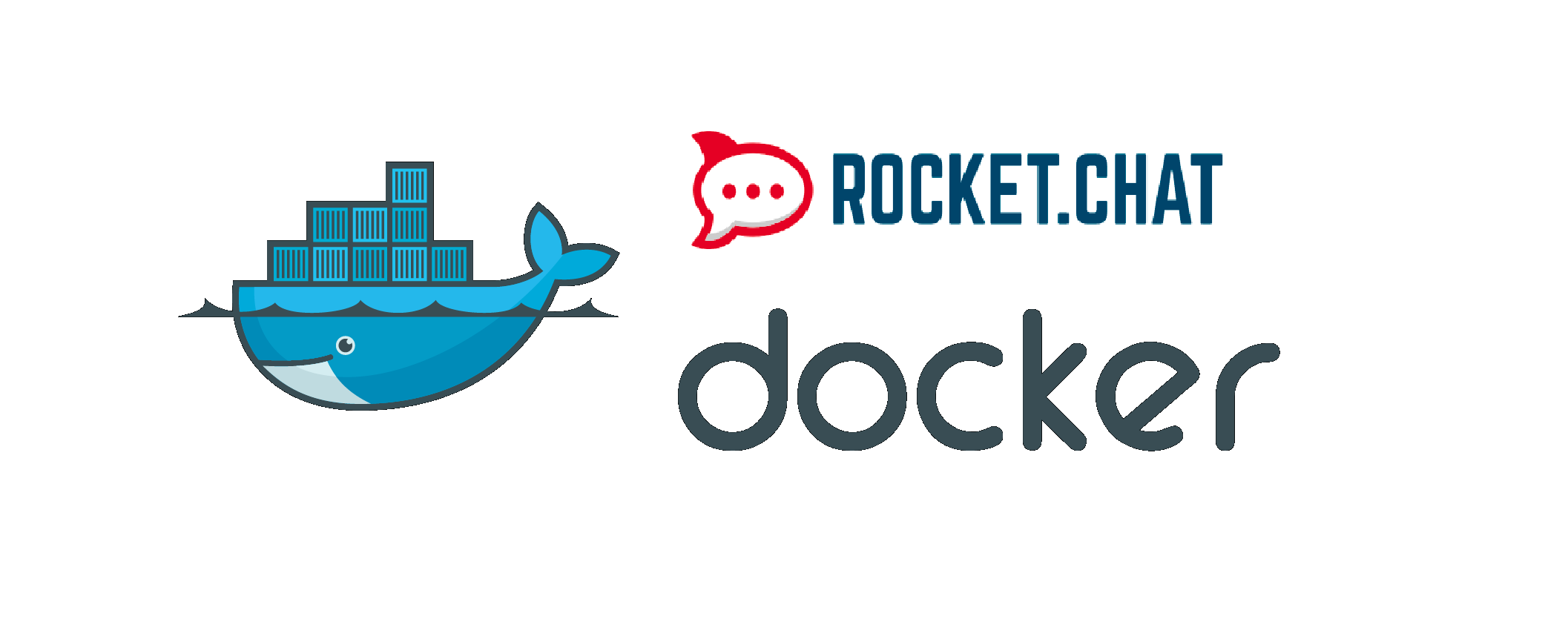

We call these apps "Single Container Apps" because the App Center only supports one container per app. To do this, the App Center downloads the Docker image of an app and starts the Docker container. These are applications in the form of Docker images that are deployed by the App Center in a Docker container. If you want to back up your data - you need to do normal file backups of the directories on your local server that you've configured in the docker-compose.Since the release of UCS 4.1 in November 2015, the App Center has supported Docker apps. Simply re-pull the containers and restart them - the updated containers will be launched without loss of data! It's easy to do and you'll experience little if any perceptible down time! We also encourage you to keep your services upgraded. It's easy (and no cost) to set up! The "include" directive in the Nginx configuration files above are examples of this approach.
#Rocketchat docker change port full
We encourage you to ensure that these services are made available with full encryption to protect your users' privacy. Protecting your users and reputation with encryption You can check for errors in the relevant log files specified in your nginx configurations above in /var/log/nginx/*_error.log or /var/log/nginx/*_access.log. If not, you can restart Nginx to incorporate the new configuration files: To check if there are any errors in the files, run To make your configurations active, do the following for each of your Nginx configurations: Proxy_set_header Connection $connection_upgrade

Proxy_set_header X-Forwarded-Proto scheme Proxy_set_header X-Forwarded-For $proxy_add_x_forwarded_for

Ssl_certificate_key /etc/letsencrypt/live//privkey.pem Ssl_certificate /etc/letsencrypt/live//fullchain.pem # we use a 302 temporary redirect rather than a 301 permanent redir Here's our configuration (with appropriate ) - you can create it as /etc/nginx/sites-available/:Īccess_log /var/log/nginx/_access.log Įrror_log /var/log/nginx/_error.log Once you've got your containers running, you need to make sure you've got a web server running on your host to act as the reverse proxy so that external requests get sent to them reliably! We use Nginx. If you do want to stop them for some reason, you can via You can then log out of your server, and your containers will continue running!īased on the configuration above (the "unless-stopped" directive), your containers will restart automatically if your server is rebooted. Which runs the containers in daemon mode, without the running log. Which should start all your containers, but leave you with a running log - this is great for testing, but when you're happy it's all running you hit CTRL-C (to shut down the current set of containers) and then run It's easy to create the containers: simply run In case it's not obvious, you can leave out either the rocketchat or wekan definitions if you don't want to run those services! Creating and Running the Docker Containers rocketchat2 or wekan2 or similar) and a new set of properties - just make sure you're using a unique (and otherwise unused) port number! You can check what's on your server's ports using netstat -punta | less to make sure you're not doubling up. Note, you can include multiple instances of either Rocket.Chat or Wekan simply by providing a new name (e.g. VIRTUAL_HOST=[domain name (don't include schema, e.g. ROOT_URL=[domain name (including schema, e.g. In that directory, I create a file called docker-compose.yml containing (I've removed implementation specific details and replaced them with ): We recommend creating a directory with an obvious name - in my case, it's /home/www/docker-rocketchat-wekan-mongo We recommend using the "pip" (Python package manager) to do the install.

#Rocketchat docker change port install
Install Docker (including the " post-installation" steps to allow non-root users to run Docker) and Docker Compose on your server (we recommend Ubuntu 16.04 or the older 14.04). This is the way I now deploy Rocket.Chat, Wekan, and MongoDB together. Since then, I've spent some time with Docker Compose, a set of scripts which help you to define, build, and manage a set of Docker containers. A few months back, I posted instructions on deploying Rocket.Chat and Wekan instances (and their mutual dependency, MongoDB) individually.


 0 kommentar(er)
0 kommentar(er)
